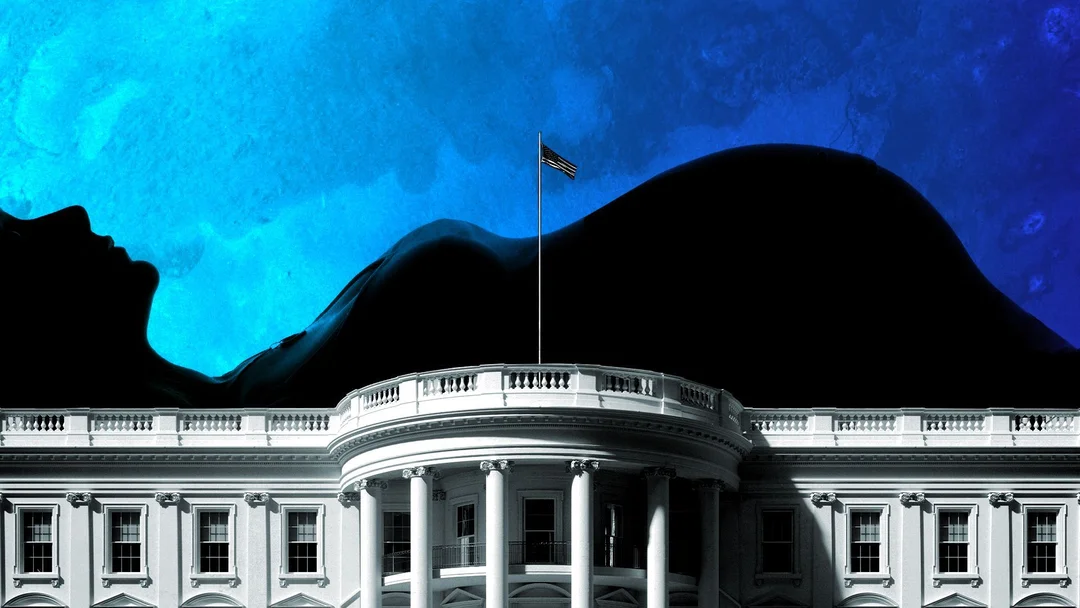
Could Baby Bonuses Spark a New American Baby Boom?
In a surprising pivot toward promoting family growth, the Trump administration is reportedly exploring a range of strategies to address the declining birth rate in the United States. With figures like Vice President JD Vance and tech mogul Elon Musk vocally advocating for a cultural rejuvenation centered around family values, the White House is responding to a growing concern about America’s demographic future.

According to data from the U.S. Centers for Disease Control and Prevention (CDC), the total fertility rate in the U.S. has dropped from 2.1 births per woman, the rate needed for population replacement, to 1.62 as of 2023. This statistic raises alarms about a potential future where an aging population might struggle to sustain economic vitality.
Among the proposals making rounds in the White House are ideas such as a $5,000 "baby bonus" for new mothers, expanded child tax credits, and special reservations in federal programs like Fulbright fellowships for married couples or parents. These ideas reflect a broader movement to reinstate traditional family values as the cornerstone of society, a theme underscored in Project 2025, the conservative agenda spearheading much of the administration's new family-centric approach.
Critics warn, however, that while such initiatives might foster a pro-natalist environment, other administration policies undermine their effectiveness. Recently enacted federal spending cuts have noticeably reduced funding for reproductive health programs, leaving many hesitant about the administration's commitment to genuinely uplifting families.
Musk and Vance, both vocal proponents of increasing America's birth rate, insist that a demographic overhaul is crucial not only for economic stability but also for the cultural fabric of the nation. Musk believes that declining birth rates pose a existential risk, allegedly advocating for more "high intelligence" offspring as part of his vision. Vance’s statements framing declining birth rates as a "civilizational crisis" resonate with many on the right, rallying support for a political agenda that prioritizes traditional family structures.
However, understanding the multifaceted reasons behind the current birthrate decline remains a challenge. Experts point to various factors including economic pressures like housing costs and changing societal priorities that increasingly favor dual-income households. The debate continues within conservative circles as they contemplate the best methods to encourage family growth. Some want to reframe discussions around in vitro fertilization and culturally sensitive education on reproduction, while others maintain skepticism toward such medical interventions.
The anticipated policy blueprint slated for release may provide more concrete numbers and intentions surrounding fertility assistance, including making IVF more accessible and affordable. For now, the administration grapples with how to meaningfully address a challenge that intersects with economic, cultural, and even ethical dilemmas dominating American society.
As the nation's birthrate continues to stir debate, one thing is clear: the question of how to support American families remains a pressing issue. Are financial incentives enough to reverse this trend, or do deeper societal changes need to occur? Readers are encouraged to share their thoughts on the administration's approach and its potential impact on the American family landscape.